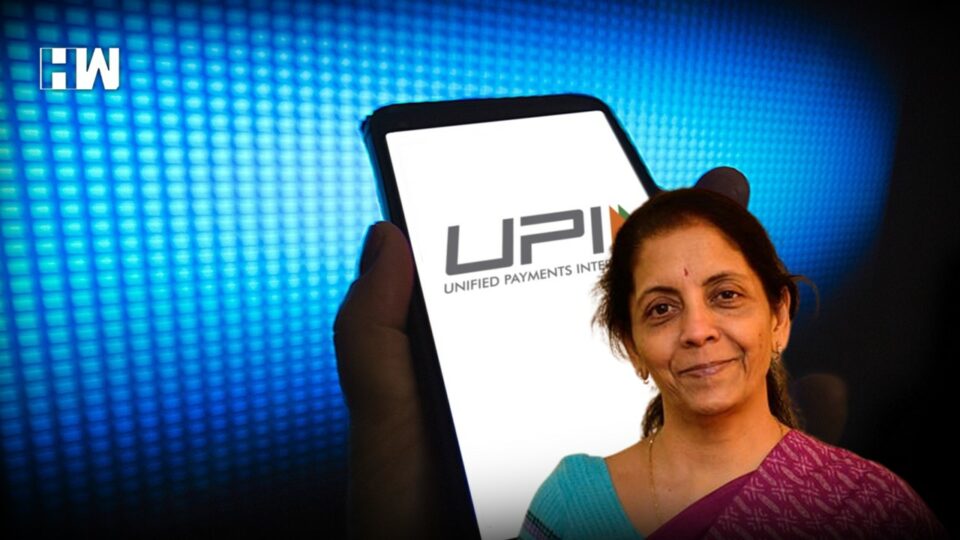“UPI is a digital public good with immense convenience for the public & productivity gains for the economy. There is no consideration in Govt to levy any charges for UPI services. The concerns of the service providers for cost recovery have to be met through other means.”
The Finance Ministry on Sunday clarified its position on reports claiming that it may levy additional charges on UPI payments.
In a series of tweets on Sunday, the Ministry of Finance said that UPI (Unified Payments Interface) is a “digital public good,” and there is no consideration to levy any charges for UPI services.
The tweet further said that the cost of recovery has to be met through other means, and the government has provided financial support for the digital payments ecosystem in the country. The ministry added that it announced assistance this year as well to encourage further adoption of digital payments.
Also Read: Anandraj Ambedkar Joins Save Aarey Protest
The clarification came to light amid speculations that UPI transactions may demand an additional charge to maintain the payments infrastructure. The Reserve Bank of India had also sought feedback related to the subject, as per a discussion paper released on August 17. Although the paper did not only relate to UPI transactions, it covered other digital payment modes such as Immediate Payment Service (IMPS), National Electronic Funds Transfer (NEFT) system, and Real Time Gross Settlement (RTGS) system.
“UPI is a digital public good with immense convenience for the public & productivity gains for the economy. There is no consideration in Govt to levy any charges for UPI services. The concerns of the service providers for cost recovery have to be met through other means.”
“The Govt had provided financial support for #DigitalPayment ecosystem last year and has announced the same this year as well to encourage further adoption of #DigitalPayments and promotion of payment platforms that are economical and user-friendly,” the tweet added.
UPI is a digital public good with immense convenience for the public & productivity gains for the economy. There is no consideration in Govt to levy any charges for UPI services. The concerns of the service providers for cost recovery have to be met through other means. (1/2)
— Ministry of Finance (@FinMinIndia) August 21, 2022
The Govt had provided financial support for #DigitalPayment ecosystem last year and has announced the same this year as well to encourage further adoption of #DigitalPayments and promotion of payment platforms that are economical and user-friendly. (2/2)
— Ministry of Finance (@FinMinIndia) August 21, 2022
The paper sought the government to re-look at its zero-MDR (merchant discount rate) policy, which remains absent on RuPay and UPI transactions. Through the fee levied on digital payments in the form of an MDR, service providers argue that they can improve systems.
The Payments Council of India (PCI), the industry body for the digital payments ecosystem in the country, had also written to the government earlier this year, which is before the presentation of the Union Budget 2022, to roll back the zero-MDR regime for UPI and Rupay debit cards. Currently, Visa and Mastercard debit cards attract MDR (0.4 to 0.9 %) which is shared by the issuer banks and acquirers.
Regarding the UPI, RBI’s paper asked for feedback on whether it should be treated differently from Visa and Mastercard debit. The government, in the tweet, said that it encourages digital payments that are “economical and user-friendly”.
As an independent media platform, we do not take advertisements from governments and corporate houses. It is you, our readers, who have supported us on our journey to do honest and unbiased journalism. Please contribute, so that we can continue to do the same in future.

